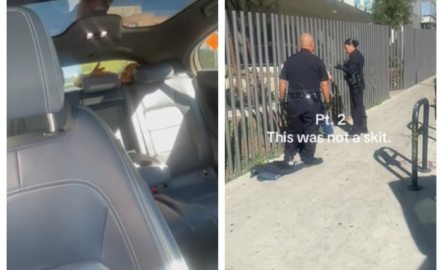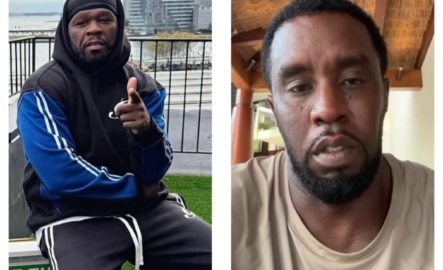Due to the delayed advancement of assistive technology, many visually impaired students in Africa still struggle to access braille books, which contributes to high school dropout rates. To address this issue, a Ugandan development team produced the Blind Assistant app, which can read documents aloud.
App creator Frank Akankwasa expressed confidence in Blind Assistant’s ability to handle a range of challenges faced by those with vision impairments.
Suzie Water Harvesting Co. developed Blind Assistant, which is one of several accessible apps that make use of a smartphone’s camera, mobility, and connectivity.
Among the first institutions to offer training for its 24 visually challenged students and their assistants was Sir Apollo Kaggwa Secondary School in central Uganda.
“The introduction of the Blind Assistant app was met with enthusiasm, as it allowed users to read independently, even during exams, without having to wait for texts to be converted to braille,” Susan Nakajje, one of the app’s co-founders, was quoted by Africa News.
Students can read texts on their own, without the help of teachers or others, in real-time thanks to these gadgets.
One of the visually impaired students, Ahmad Muwonge, who took part in the education, told the outlet, “It’s been challenging to read notes since our peers are often too busy, and time slips away. When I finally get the chance to read, it feels overwhelming. However, the Blind Assistant app has addressed these issues, allowing us to read independently and at our own pace.”
After a week-long training program, the school’s visually impaired students received new mobile gadgets to aid in their studies along with certificates.
There are about 250,000 visually impaired individuals in Uganda, with 1,500 of them being schoolchildren.
Because there aren’t enough resources, community developers are looking at ways to give about 1,000 students in Uganda access to technology.









